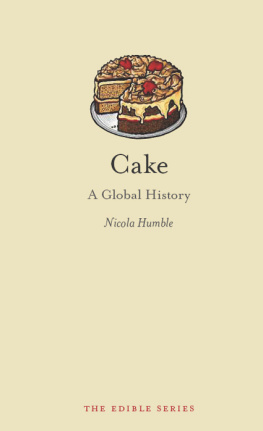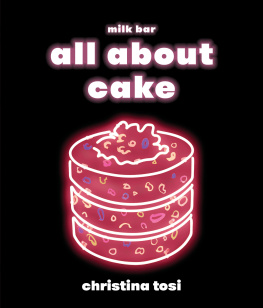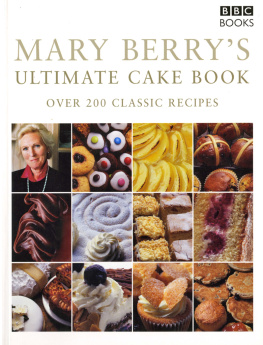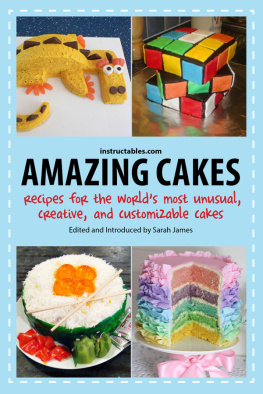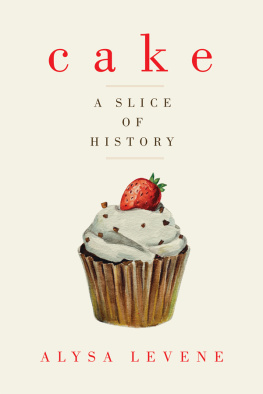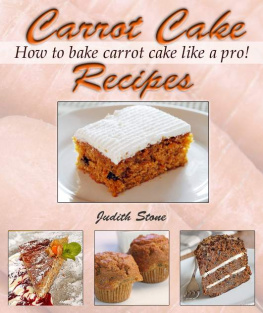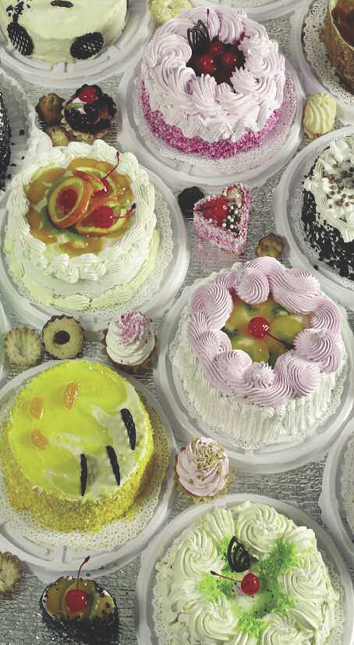Nicola Humble - Cake: A Global History
Here you can read online Nicola Humble - Cake: A Global History full text of the book (entire story) in english for free. Download pdf and epub, get meaning, cover and reviews about this ebook. year: 2010, publisher: Reaktion Books, genre: Home and family. Description of the work, (preface) as well as reviews are available. Best literature library LitArk.com created for fans of good reading and offers a wide selection of genres:
Romance novel
Science fiction
Adventure
Detective
Science
History
Home and family
Prose
Art
Politics
Computer
Non-fiction
Religion
Business
Children
Humor
Choose a favorite category and find really read worthwhile books. Enjoy immersion in the world of imagination, feel the emotions of the characters or learn something new for yourself, make an fascinating discovery.
- Book:Cake: A Global History
- Author:
- Publisher:Reaktion Books
- Genre:
- Year:2010
- Rating:5 / 5
- Favourites:Add to favourites
- Your mark:
Cake: A Global History: summary, description and annotation
We offer to read an annotation, description, summary or preface (depends on what the author of the book "Cake: A Global History" wrote himself). If you haven't found the necessary information about the book — write in the comments, we will try to find it.
Be it a birthday or a weddinglet them eat cake. Encased in icing, crowned with candles, emblazoned with congratulatory wordscake is the ultimate food of celebration in many cultures around the world. But how did cake come to be the essential food marker of a significant occasion? In Cake: A Global History, Nicola Humble explores the meanings, legends, rituals, and symbolism attached to cake through the ages.
Humble describes the many national differences in cake-making techniques, customs, and regional historiesfrom the French gteau Paris-Brest, named for a cycle race and designed to imitate the form of a bicycle wheel, to the American Lady Baltimore cake, likely named for a fictional cake in a 1906 novel by Owen Wister. She also details the role of cake in literature, art, and filmincluding Miss Havishams imperishable wedding cake in Great Expectations and Marcel Prousts madeleine of memoryas well as the art and architecture of cake making itself.
Featuring a large selection of mouthwatering images, as well as many examples and recipes for some particularly unusual cakes, Cake will provide many sweet reasons for celebration.
Nicola Humble: author's other books
Who wrote Cake: A Global History? Find out the surname, the name of the author of the book and a list of all author's works by series.

